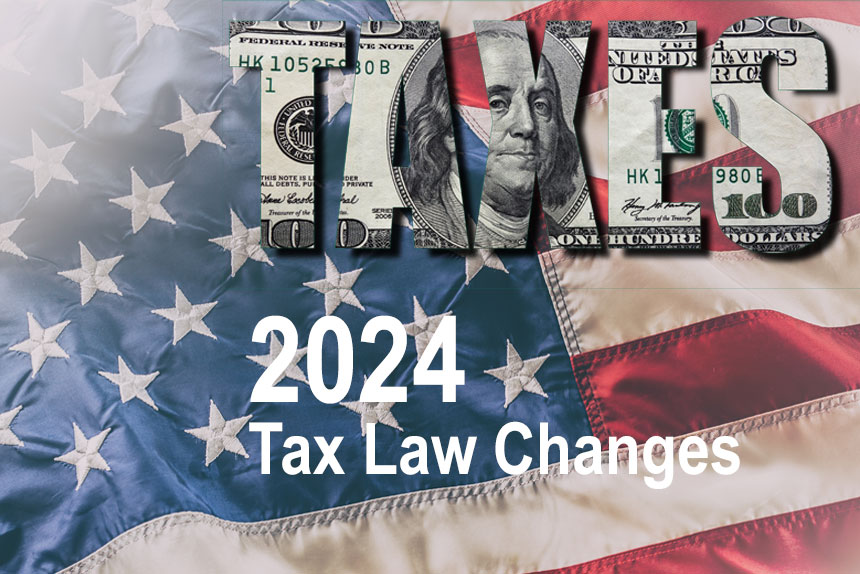Staying informed about these tax law changes is crucial for effective tax planning. If you have any questions or need personalized advice on how these changes may impact on your financial situation, feel free to contact our office. We're here to help you navigate the complexities of the tax code and maximize your tax savings.
Increase in Standard Deduction
Starting with the 2024 tax year, the IRS has increased the standard deduction to $13,850 for single filers and $27,700 for married couples filing jointly. This increase is aimed at providing greater tax relief for middle-income earners. If you typically take the standard deduction, you will see a slight decrease in your taxable income, resulting in potential tax savings.
Changes to Child Tax Credit
The Child Tax Credit has been modified for 2024. The credit amount per qualifying child under the age of 17 has increased to $2,200, up from $2,000. Additionally, the phase-out threshold has been adjusted, allowing more families to qualify for the full credit. Families with dependents over 17 may also be eligible for a nonrefundable credit of $500 per dependent.
New Retirement Savings Contributions Limits
The contribution limits for retirement accounts have been increased. For 401(k) plans, the limit is now $22,000, up from $21,500 in 2023. For IRAs, the limit has been increased to $7,000 for individuals under 50 and $8,000 for those 50 and older. These changes encourage greater retirement savings and provide additional tax benefits for those maximizing their contributions.
Updates to Capital Gains Tax Rates
The capital gains tax rates have been adjusted for inflation. The 0% capital gains rate now applies to individuals with taxable income up to $44,625 (up from $44,000), and the 15% rate applies to income up to $492,300 (up from $488,500). These adjustments mean you might pay less in capital gains taxes if your income falls within these updated thresholds.
Expansion of Earned Income Tax Credit (EITC)
The Earned Income Tax Credit has been expanded to provide greater support for low and moderate-income workers. The maximum credit for workers without children has increased to $1,600, and the income limit for eligibility has been raised, allowing more individuals and families to qualify for this beneficial credit.
New Energy Efficient Home Credit
Homeowners who make energy-efficient improvements to their homes can now benefit from an enhanced tax credit. The new credit covers 30% of the cost of qualifying improvements, such as installing energy-efficient windows, doors, and solar panels, up to a maximum of $2,000 per year. This change encourages homeowners to invest in energy-saving upgrades while receiving valuable tax benefits.
Changes to Healthcare Savings Accounts (HSAs)
Contribution limits for Health Savings Accounts have increased for 2024. Individuals with self-only coverage can now contribute up to $4,000 (up from $3,850), while those with family coverage can contribute up to $8,000 (up from $7,750). This increase allows individuals to save more pre-tax dollars for medical expenses.
Increased Gift and Estate Tax Exemptions
The gift and estate tax exemption amount has been increased to $13.5 million per individual, up from $13 million in 2023. This change allows individuals to transfer more wealth without incurring federal gift or estate taxes, providing significant planning opportunities for high-net-worth individuals.
